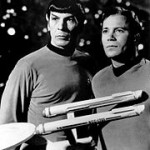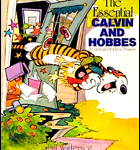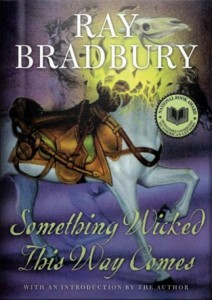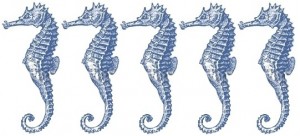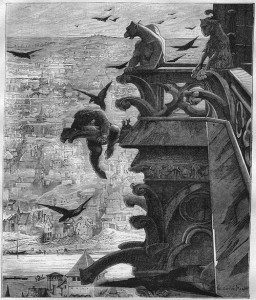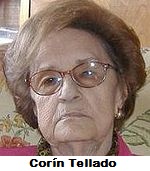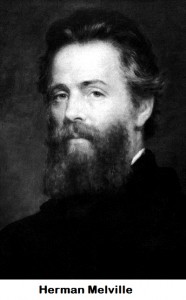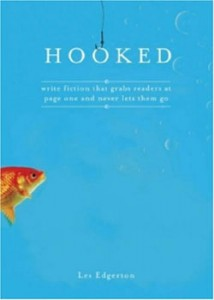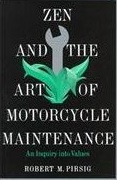It saddens me to report that author Ann (A.C.) Crispin died a few days ago, on September 6. Before I discuss my connection with her, I should give you a brief bio.
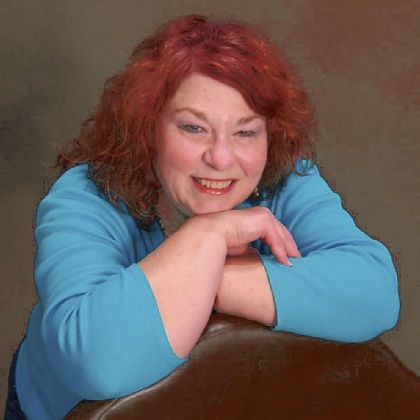 A.C. Crispin was a science fiction writer who established herself with “tie-in” novels delving into the characters of established universes of Star Trek, Star Wars, the V miniseries, and others. She also created her own Starbridge series of novels.
A.C. Crispin was a science fiction writer who established herself with “tie-in” novels delving into the characters of established universes of Star Trek, Star Wars, the V miniseries, and others. She also created her own Starbridge series of novels.
Angered at how some agents, editors, and publishers cheat beginning writers, Crispin co-founded a group called Writer Beware in 1998 to both warn writers and to help law enforcement agencies prosecute scam artists.
I don’t know exactly when, perhaps ten or fifteen years ago, I enrolled in a creative writing course at my local community college. A.C. Crispin taught it. I recall her being a tough teacher, direct and honest with those whom she thought should consider non-writing pursuits. She usually said encouraging things to me about the homework I submitted, though.
A.C. Cripsin’s lectures contained references to the great works of literature, and she’d look around the class for flashes of recognition. When she didn’t see any, she admonished us to read the classics if we wanted to write well.
She asked us all a question on the first day of class that has stuck with me. None of us answered it correctly, and she’s written about the question in her essay, “The Key to Making Your Characters Believable.”
If the protagonist of any of your stories saw you walking along the street, and recognized you as the writer, what would he or she do upon meeting you? The answer, if you’ve done your job properly, is the protagonist would punch you in the nose. After all, your story drags that protagonist through bad and progressively worse situations. You’ve challenged that protagonist with tests of character that force him or her to confront deep, inner beliefs or fears. Perhaps in addition, you’ve pitted the world against your protagonist, multiplying the external problems that character must face. No wonder that protagonist is furious with you!
While you cowered from the rain of your creation’s blows, your nose bleeding, you’d be blubbering that you had to do it, you were forced put the protagonist through Hell for the readers’ benefit, to make a compelling story. That would probably sound pretty hollow to your character, I suspect.
Luckily, your fictional creations won’t be meeting you on the street or in any dark alleys. You are free to force them to crawl through mud and gore, to confront giant monsters, to face their deepest terrors, to suffer the despair of lost love. All with complete impunity. Go ahead; they can’t strike back, and your readers expect you to write stories like that. That was A.C. Crispin’s message to the class.
Goodbye, Ann Crispin, and thank you. Not only did you touch readers with your novels, you protected budding authors through your Writer Beware group, and inspired many beginning scribblers, like—
Poseidon’s Scribe

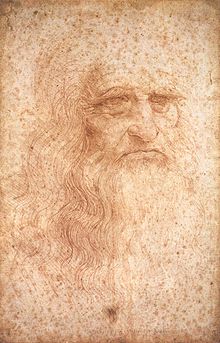 True, Leonardo da Vinci was an anatomist, architect, botanist, cartographer, engineer, geologist, inventor, mathematician, musician, painter, scientist, and sculptor. Arguably he was the greatest genius of all time. But…he never wrote fiction.
True, Leonardo da Vinci was an anatomist, architect, botanist, cartographer, engineer, geologist, inventor, mathematician, musician, painter, scientist, and sculptor. Arguably he was the greatest genius of all time. But…he never wrote fiction.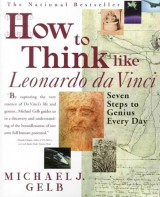 In his book
In his book 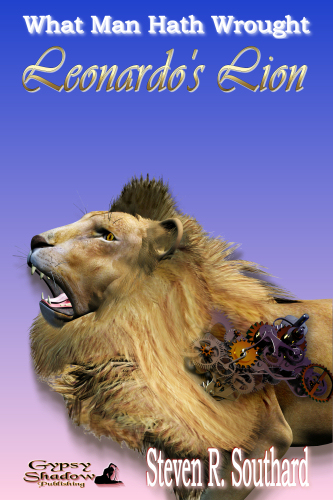 At this point, I can’t resist a personal plug. Leonardo da Vinci is such a fascinating historical figure, I wrote a story about the mechanical automata lion he constructed for the King of France. Had that been all da Vinci did, it would have been achievement enough, far beyond the norm of the day, but it’s barely a footnote in any list of his accomplishments. My story,
At this point, I can’t resist a personal plug. Leonardo da Vinci is such a fascinating historical figure, I wrote a story about the mechanical automata lion he constructed for the King of France. Had that been all da Vinci did, it would have been achievement enough, far beyond the norm of the day, but it’s barely a footnote in any list of his accomplishments. My story, 